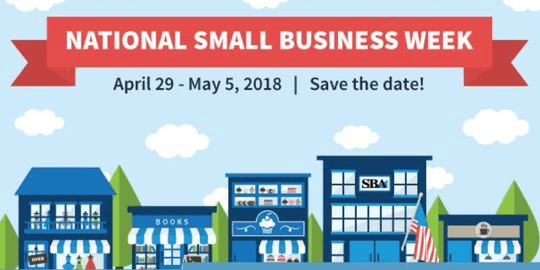Whether you need to restock your shelves, rent a storefront, hire an employee, invest in equipment or handle countless other expenses, you need money to get your small business started and to help it thrive. This statement is true for every single small business owner, but the type of funding business owners use varies from situation to situation.

Traditional Loans
Historically, small business owners have used traditional lending options to fund their businesses. Typically granted in the form of installment loans, small business loans feature predictable repayment schedules that are easy to budget around. Traditional lenders tend to offer lower lending rates and longer terms, but businesses should be prepared to provide detailed financial information, a business plan and offer assets for collateral.
The processing time for these loans can takes weeks, and sometimes even months. What’s more is that obtaining this type of funding is challenging for small businesses as nearly 75 to 80 percent of applicants are denied.
SBA Loans
SBA loans are loans funded by the Small Business Administration and administered through local lenders. Funding ranges from $500 to $5.5 million, and in some cases, borrowers receive access to a mentor when they take out an SBA loan. While easier to access than traditional business loans, SBA loans may require applicants to have a solid business plan and a positive credit history.
Line of Credit
A line of credit can be secured, unsecured, revolving or non-revolving depending on the lender. Online lenders allow small businesses to use the power of their business data to quickly apply, by approved and access the working capital needed to grow. Small business owners only need an internet connection and can do the entire application process online within — some give answers as quickly as under 10 minutes with no additional forms and no waiting. Some lenders offer access to lines of credit up to $250,000 and can be accessed by the business owner when they need it, without paying additional fees.
Online lenders can usually provide access to funds within minutes, and on the go. Recent data shows nearly 17% of all online lending is done via mobile. Funding is flexible, which is good for supplementing cash flow gaps during seasonal lulls or when business owners want to take advantage of large growth opportunities.
Crowdfunding and Peer Lending
Although slightly different, crowdfunding and peer lending take similar formats. The business owner creates an online profile, explaining why their small business needs funding. Then, peers lend money directly to the business or investors get involved through crowdfunding efforts. The advantage of these types of funding is that they take the pressure off the business owner as applicants rely on the strength of their proposals and how well the ideas are received by others.
There are pros and cons to borrowing money from peers, however. While funds are available much more quickly and at reasonable rates, there may be nontraditional stipulations about who is providing the money, if it’s a loan or a gift, and what the business owner is required to provide in result. To be sure it’s a fit, read the terms and conditions.
Factoring Loans
Factoring allows businesses to leverage their accounts receivables to obtain working capital. If you have a stack of unpaid invoices, you may turn them over to a factoring company. If approved, the factoring company will give you a percentage of the invoice value upfront —helpful to get invoices paid faster— and it remits the rest of the funds (minus a factoring fee) when the invoices are paid.
However, bear in mind factoring is a short-term solution. For business owners in need of longer-term financing options to help you grow your business, consider alternative lenders or traditional loans.
Merchant Cash Advances
Merchant cash advances (MCAs) are a way to pay back a loan amount incrementally through your daily credit card transactions. This is a popular method with businesses with a high frequency of payments from customers, like retail for example. Once funding is issued, MCAs are paid back gradually and automatically as the payment processor forwards a portion of daily credit card sales to the MCA provider.
Businesses are approved based on their volume of sales. You might choose an MCA for a variety of reasons, such as you prefer the incremental pay-back method or you were declined a loan from another method. You may not also have enough assets to provide as collateral for loans. Whatever the case, MCAs can help you access finance on a short-term basis.
Credit Cards
Business and personal credit cards are both a popular funding option for small business owners. It offers readily available cash, and plastic is easy to use and often easier to obtain than traditional forms of funding. Unfortunately, high-interest rates coupled with low minimum payments can significantly draw out full repayment, and likely with a high total cost of capital. Interest fees can accumulate quickly if you’re missing monthly payments. Credit cards are certainly a help for business owners, but not all business expenses can or should be paid off with credit card—like rent or a mortgage, example. Credit cards require a sense of caution for business owners, but many are realizing new methods to access capital.
Working capital is vital for any small business that wants to grow. Whether it’s store expansion, new hires, increasing inventory or covering operational expenses, the proper funding can help your business survive and thrive.
Constantina Kokenes is an SEO specialist for Kabbage‘s marketing team in Atlanta, Georgia.







